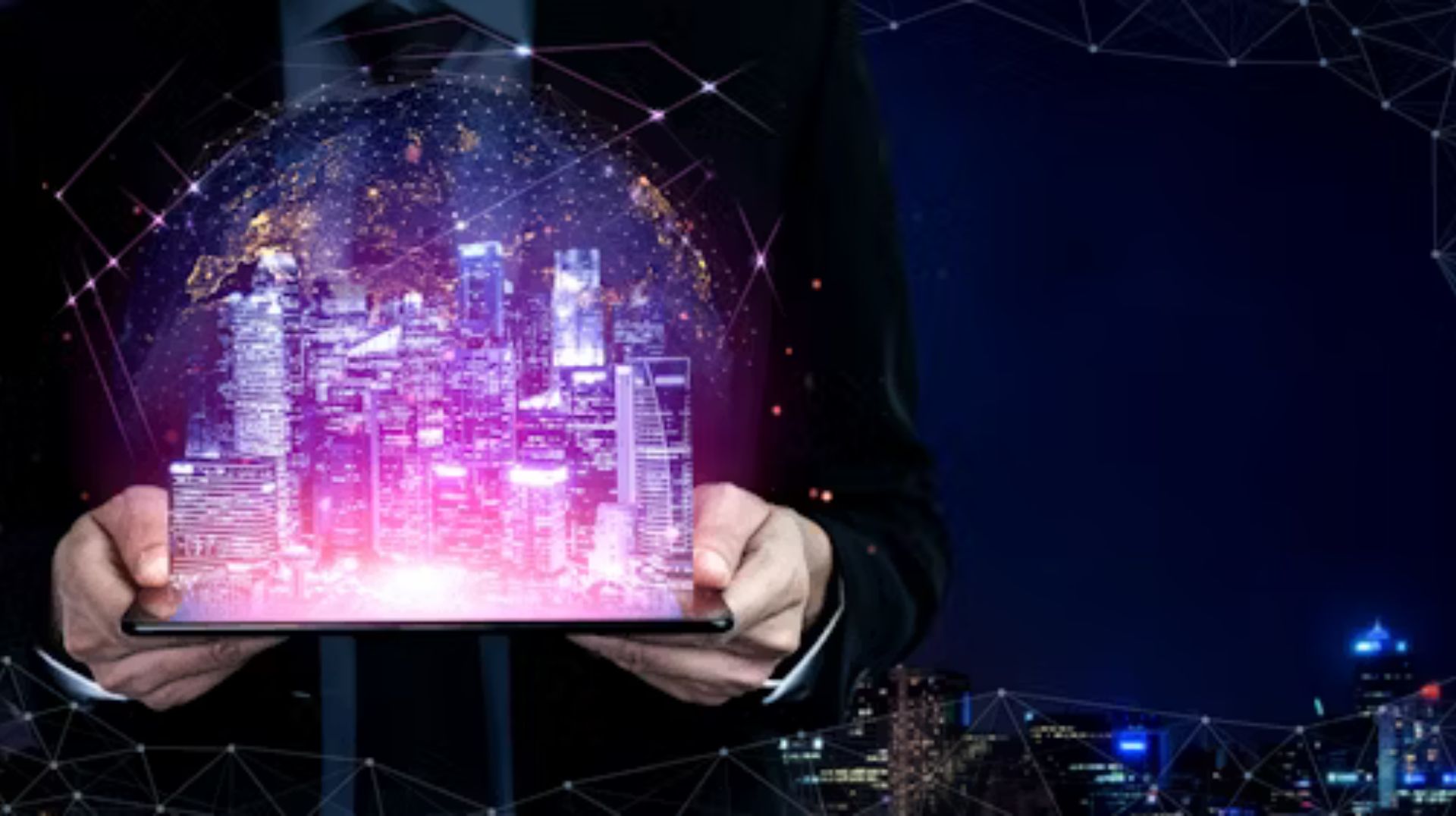The Global AI Race: What Big Tech Companies Are Really Doing
Artificial Intelligence has shifted from buzzword to battleground. Every major tech company—from Silicon Valley giants to Chinese powerhouses—is competing to define the future of AI. Some control the chips, others lead in software, while a few are betting on open-source strategies. Each has unique strengths, challenges, and products shaping the way we live and work.
Microsoft
What the company is / Core Business:
Microsoft is best known for Windows, Office, Azure Cloud, and enterprise productivity tools. It dominates the business world through software and cloud computing.
AI Strategies & Products:
Its deep partnership with OpenAI means products like GPT-4, DALL·E, and Copilot are embedded into Office 365 and Azure AI services. AI is also powering Bing’s transformation into an intelligent search assistant.
Challenges:
Microsoft relies heavily on OpenAI’s research direction, leaving it exposed if the partnership shifts. Consumer adoption of AI in Bing has been slower than expected.
👉 Related reading: How AI is Your Superpower in 2025
What the company is / Core Business:
Google dominates search, digital ads, YouTube, and Android. Its revenue relies heavily on advertising.
AI Strategies & Products:
Google’s AI flagship is Gemini, powering Google Search Generative Experience, Docs, Gmail, and YouTube recommendations. It also develops Tensor Processing Units (TPUs) to reduce reliance on NVIDIA.
Challenges:
Despite pioneering deep learning research, Google is criticized for execution delays and for reacting to competitors rather than leading the narrative.
OpenAI
What the company is / Core Business:
OpenAI began as a research lab with a mission to make AI safe and beneficial. Now, it’s one of the most recognized AI companies worldwide.
AI Strategies & Products:
It offers ChatGPT, DALL·E, Whisper (speech recognition), and Codex. Developers rely on its APIs, while consumers know it through ChatGPT Plus.
Challenges:
Despite its brand power, OpenAI depends on Microsoft for infrastructure and faces criticism for moving away from its “open” origins.
NVIDIA
What the company is / Core Business:
NVIDIA is the global leader in GPUs for gaming, AI training, and data centers. Its chips fuel nearly every major AI breakthrough.
AI Strategies & Products:
Its H100 and Blackwell GPUs dominate AI model training. NVIDIA also builds the CUDA software stack and Omniverse simulation tools, strengthening its grip on the ecosystem.
Challenges:
It faces growing competition from Google’s TPUs, Amazon’s Trainium, and Huawei’s Ascend chips, plus geopolitical risks affecting supply chains.
Meta (Facebook, Instagram, WhatsApp)
What the company is / Core Business:
Meta runs the world’s largest social platforms, monetized through targeted ads.
AI Strategies & Products:
It’s betting on open-source with LLaMA models and visual generators like Emu. AI also powers personalized feeds, recommendations, and moderation.
Challenges:
Meta struggles to monetize AI beyond ads and faces ongoing scrutiny over privacy and misinformation.
👉 Related reading: Climate Change and Tech: Can AI Help?
Amazon
What the company is / Core Business:
Amazon is the global leader in e-commerce and cloud computing (AWS).
AI Strategies & Products:
Its Bedrock platform, Titan models, and partnerships with Anthropic’s Claude make AWS a hub for enterprise AI. AI also powers recommendations, logistics, and Alexa.
Challenges:
Alexa’s momentum has slowed, and it lacks consumer AI products as flashy as ChatGPT or Gemini.
Apple
What the company is / Core Business:
Apple is a global leader in consumer electronics—iPhone, Mac, iPad, Apple Watch—alongside its growing services ecosystem.
AI Strategies & Products:
Apple is embedding AI quietly into Siri upgrades, iOS, and Apple Silicon chips. Its focus is on-device AI with strong privacy guarantees.
Challenges:
It’s seen as late to the generative AI race compared to Microsoft and Google, though its consumer trust remains high.
👉 Related reading: Our Review of the Latest iPhone
Huawei
What the company is / Core Business:
Huawei is a Chinese telecom giant, best known for 5G infrastructure and smartphones.
AI Strategies & Products:
It’s developing Ascend AI chips and Pangu Models for industries like healthcare, weather, and finance. AI is integrated across its telecom and device ecosystem.
Challenges:
International sanctions restrict its access to advanced chips and global markets.
Baidu, Tencent, and Alibaba (China’s Tech Trio)
- Baidu: Core in search and autonomous driving. AI focus is Ernie Bot and generative search.
- Tencent: Known for WeChat and gaming; embedding AI in ads, gaming, and social platforms.
- Alibaba: Dominates e-commerce and cloud; its Tongyi Qianwen models power enterprise AI solutions.
Challenges:
All face strict government regulation and chip shortages due to U.S. export controls.
Samsung
What the company is / Core Business:
Samsung is a global leader in smartphones, semiconductors, and consumer electronics.
AI Strategies & Products:
AI enhances imaging, battery optimization, and personalization in Galaxy devices. It’s also building AI-powered chips.
Challenges:
Competes in both hardware and software, but lacks a signature generative AI product.
Anthropic
What the company is / Core Business:
Anthropic is an AI startup founded by former OpenAI researchers, with a focus on safety and alignment.
AI Strategies & Products:
Its Claude models (Claude 3 family) are gaining traction as safer, enterprise-friendly alternatives.
Challenges:
While respected for its safety-first approach, it lacks the scale and resources of Big Tech giants.
Final Thoughts: Different Paths, Same Destination
The global AI race is not just about chatbots—it’s about ecosystems. Microsoft + OpenAI push enterprise AI, Google Gemini defends search dominance, NVIDIA powers everyone, Meta champions open-source, and China’s tech trio race ahead despite sanctions.
For consumers, AI means smarter devices, more personalized services, and endless choice. For businesses, it’s about picking the right ecosystem to trust for the next decade.
🔗 External Source: OECD AI Observatory



